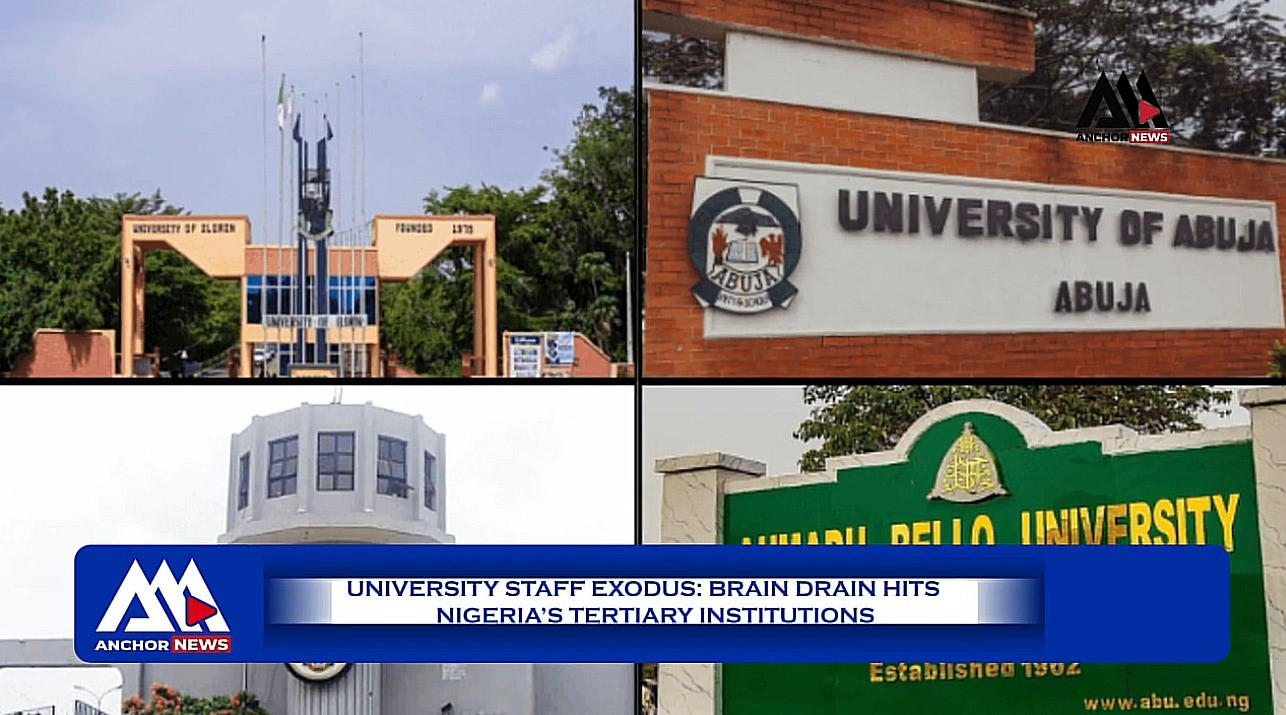
The Chairman of the Independent Corrupt Practices and Other Related Offences Commission (ICPC), Dr. Musa Aliyu, has called for the immediate abolition of salary disparities in Nigeria’s public service. He argued that the existing wage structure is inequitable and serves as a major driver of corruption within the public sector.
Speaking through the Commission’s Director of Finance, Mr. Michael Akporo, at the National Conference on Public Accounts and Fiscal Governance, Aliyu described the current remuneration system as discriminatory and damaging to morale. The conference, organised by the Public Accounts Committees of both the Senate and House of Representatives, focused on redefining fiscal governance in Nigeria.
Aliyu criticised a system where some public officials earn what he described as “humongous wages,” while essential service providers such as police officers, teachers, and other civil servants are grossly underpaid. He asserted that such inequality fuels unethical behaviour, as poorly paid workers may feel justified in seeking illicit sources of income.
The ICPC Chairman also urged the National Assembly to pass a comprehensive whistleblower law that includes incentives to encourage citizens to report corruption. He said legal protections, combined with financial rewards, would boost public participation in anti-corruption efforts. In addition, Aliyu called for the amendment of existing anti-corruption laws to introduce tougher penalties, including custodial sentences, to deter potential offenders.
He further advocated the establishment of special anti-corruption courts to ensure the swift adjudication of corruption cases. According to him, this would serve as a visible deterrent and reduce the current backlog of unresolved cases.
Dr Aliyu recommended that the National Assembly adopt a digital oversight mechanism capable of preventing financial leakages before they occur. He also called for closer cooperation between the legislature and civil society organisations, non-governmental organisations, and the media to improve transparency and accountability.
Expressing concern about the attitude of some revenue-generating agencies, Aliyu noted that many erroneously treat internally generated revenue as private funds. He urged lawmakers to strengthen their oversight of such agencies. Finally, he proposed a shift from Nigeria’s current “spend-to-tax” fiscal model to a more sustainable “tax-to-spend” approach, while also emphasising the importance of economic diversification.












